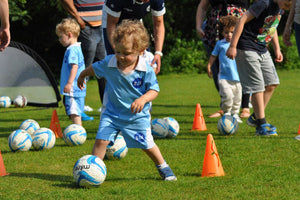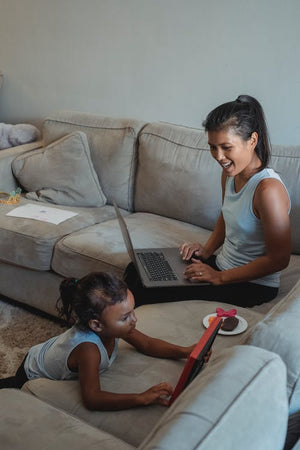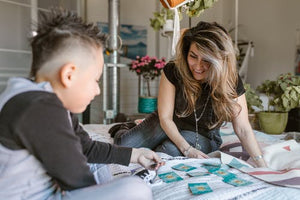Playing May Make Kids Smarter.
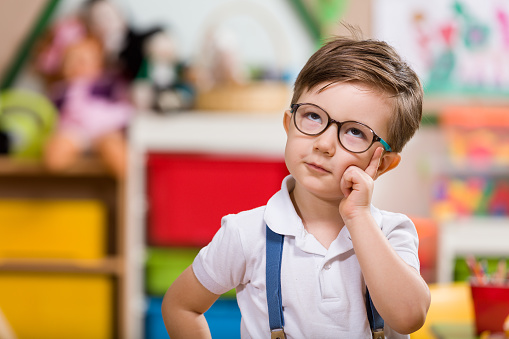
A new study[1] shows that guided play can be as effective as adult instruction up to eight.
Giving children the freedom to explore their own way is key in learning new things. A study found that guided play supports this aspect of younger kids' development just as well, if not better than traditional school-based instruction!
The new study found that children who had been taught through guided play experienced improved learning and development, even though it is less direct than traditional education. For example:
-They got to explore the topic at their own pace without being told what they should do next or how much time would be given; this allowed them take things more slowly when needed so as not to overwhelm themselves with information.
What is meant by guided learning?
Guided play is a type of learning that falls somewhere between free exploration and direct instruction. It describes playful activities which are scaffolded around educational goals but allow children some freedom to try things out on their own if they wish--as long as there's guidance from an adult when needed!
Check out this video[2] to see examples of some guided learning activities you could do.
Benefits of Guided Play
Confidence Booster
Guided play can be very good for kids' education—sometimes even better than receiving all the answers upfront without any challenge whatsoever; often times this leads them towards figuring things out themselves through trial-and-error while also building confidence in future attempts at tackling new challenges.
Helps Develop Literacy and Numeracy Skills
Guided play may be just as effective at teaching key literacy and numeracy skills to children in developing executive functions (a cluster for essential thinking). The results also suggest that they are mastering some subject areas- notably, those related to math abilities - better through guided activities than other methods.
Helps With Visualization
Guided play often involves hands-on learning. It's important because children can struggle with mathematical concepts when they are too abstract, but become easier to understand if you use them in an imaginary game or playful context."
One reason for this? Play supports mental visualization - which means it will help your child picture what is happening inside someone else’s head!

Develops Their Well-Being
Guided play may be a useful way to help children develop the skills they need for success in education and life. The researchers found that when guided by an adult, kids were more likely to have confidence as well-being, which leads them to become successful individuals or even just happier people!
Develops Independence
Guided play allows children time and space in which they can develop their own interests, ideas, and skills without being told what or how they should do something. Children are given the opportunity to explore, investigate and discover on their own terms. This will help them become independent learners who are able to think for themselves and make sense of new information.
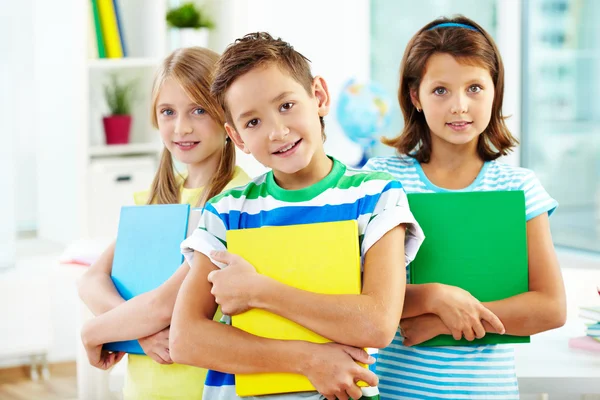
Enhances Self-Regulation
Children need opportunities where they can take risks, make mistakes, try again or change their mind about something if it doesn't work out the first time round - this is called 'failure.' When adults provide guidance rather than instruction during playtime with young children, they support them in developing a range of key skills, including problem-solving, decision-making, and self-regulation (the ability to control one's emotions). These skills are essential for learning throughout life but particularly so when we consider the transition from primary school into secondary education.
Conclusion
It’s now clear that learning through play can be as effective as traditional, adult-led instruction. The research shows this to be the case up until at least age eight, and it seems like a more positive effect on children acquiring crucial early math skills. Some parents however may still want to hold on to the traditional methods of learning -Check out our article here about tutoring for children as young as 4 here.
What are your thoughts about these findings and where do you stand? Let us know!
References
- Kayleigh Skene, Christine M. O’Farrelly, Elizabeth M. Byrne, Natalie Kirby, Eloise C. Stevens, Paul G. Ramchandani. Can guidance during play enhance children’s learning and development in educational contexts? A systematic review and meta‐analysis. Child Development, 2022; DOI: 10.1111/cdev.13730
- Play based learning in Early Years - YouTube

